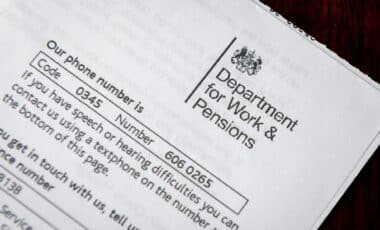The migration process, which aims to streamline benefits, is approaching its final stages, but many households remain at risk of missing out. This development highlights a critical juncture for those relying on state support, as delays or inaction could lead to financial instability.
Universal Credit Takes Over Legacy Benefits
The shift to Universal Credit, introduced to simplify welfare payments, marks the end of six legacy benefits. Claimants currently receiving these payments must reapply under the new scheme to ensure continuity. The six legacy benefits being replaced are :
- Housing Benefit
- Income-related Employment and Support Allowance (ESA)
- Income-based Jobseeker’s Allowance (JSA)
- Child Tax Credits (CTC)
- Working Tax Credits (WTC)
- Income Support
According to the DWP, all tax credit claims will be closed by March 2025, while legacy benefit recipients have until March 2026 to make the switch. Migration notices—official letters instructing claimants to apply—have been distributed in phases, targeting different groups. By the end of 2024, approximately 440,000 households receiving income support, housing benefit, or income-related jobseeker’s allowance will have been contacted.
The department offers transitional protections to ease the financial impact for those whose payments decrease under Universal Credit. Claimants have a three-month window from the notice date to act, with possible extensions for valid reasons. However, failing to apply by the deadline may result in a suspension of benefits.
“If a person has not claimed Universal Credit by their deadline, but does so within one month, they are treated as having claimed on time and can still get transitional protection in their Universal Credit award.” says the Governement website.
Financial Implications and Support Available
The financial stakes are high for claimants, as Universal Credit provides varied amounts based on individual circumstances. For example, single individuals under 25 receive £311.68 per month, while those over 25 receive £393.45. Couples receive higher rates, with younger claimants under 25 getting £489.23 and older claimants over 25 earning £617.60 per month.
For many households, these payments are essential to meet daily expenses. The DWP has emphasised the need for prompt action, advising claimants to contact the department or seek guidance through the government’s website. Information on transitional protections and additional resources is also available to help navigate the process.
Awareness initiatives are aimed at lowering the likelihood that households will be left without assistance as the deadline draws near. In order to guarantee a smooth transition, advocacy organisations have urged the government to provide vulnerable claimants with sufficient assistance and transparent communication.









